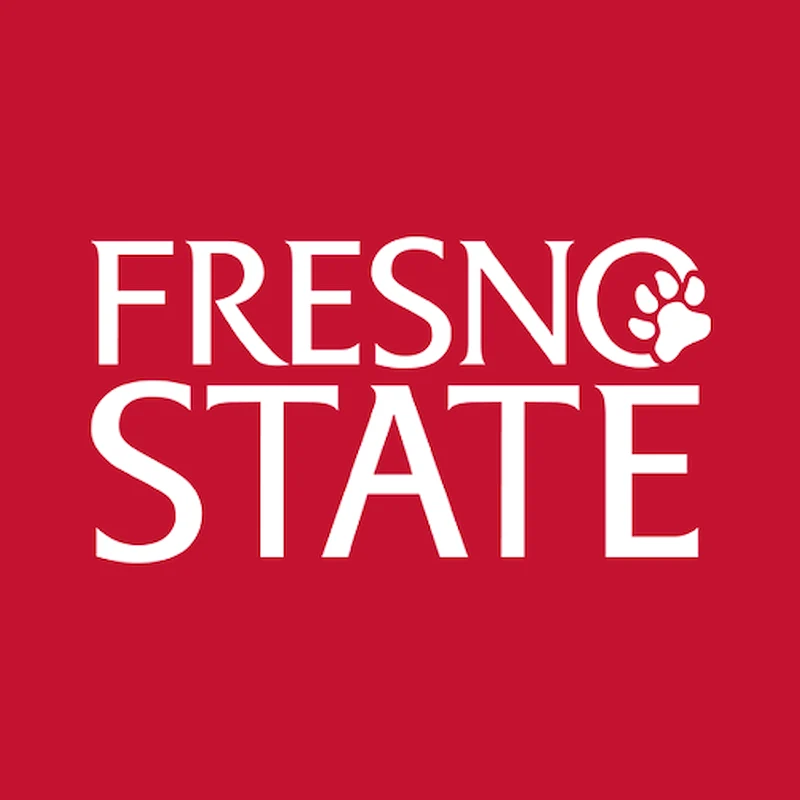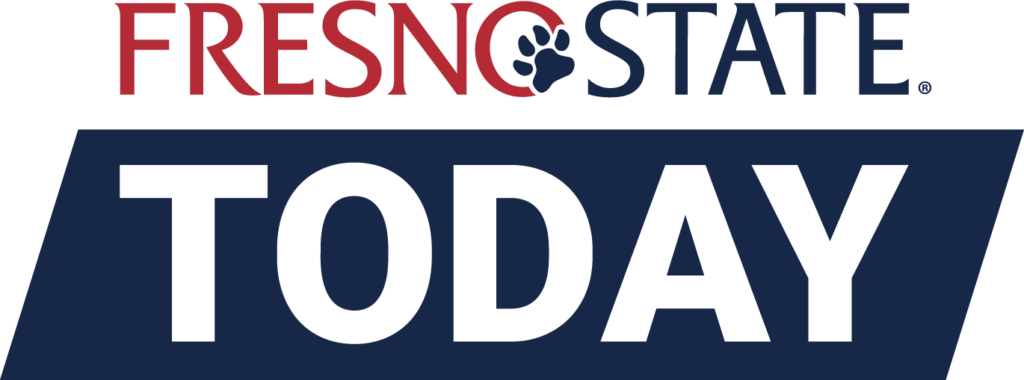Fresno State students, alumni reflect on 50 years since the Southeast Asian migration after the Vietnam War
By BoNhia Lee
Nineteen-year-old Mymee Her wanted to be a medical doctor to honor her father, a Hmong refugee who worked as a nurse practitioner during the Vietnam War for the United States Agency for International Development, also known as USAID.
He was respected and the person everyone came to for medical care, says Her, now 58. But their lives were turned upside down when the family fled Laos after the Vietnam War and resettled in Utah in 1976. There, her parents worked in a mushroom factory owned by their sponsor. They later moved to Arkansas and worked in the poultry industry. Then, a work injury forced her father to stop working altogether. He always tried to get back to nursing.
The family moved to Fresno in 1984 where Her graduated from Roosevelt High School and was among the early wave of Hmong students to attend Fresno State. She laughs as she recalls their first few weeks on campus.
“We did not know what the heck we were doing. We were plucked from the village and ‘here you go,’” Her says.
But she knew that a college education would help transform her family’s life. Her, who was known as Mee back then, considered becoming a doctor to restore her family’s pride and legacy, but says “I could not survive the chemistry class. I was terrible at it. I had to sit down and say ‘what am I good at?’ I’m really good at problem solving, talking to people and giving advice. Maybe I’ll go into counseling, but which counseling would allow me to have a doctor behind my name? The only one you can get as a doctor was psychology, so that’s the area I went into.”
Her earned an undergraduate degree in psychology at Fresno State in 1990 and went on to get her master’s and Ph.D. from the California School of Professional Psychology. Then, she went to work in a variety of roles that allowed her to help the Central Valley’s growing Hmong community: mental health advocate, academic adviser, suicide prevention consultant and psychologist. She has spent the past 17 and a half years with the California Department of Correction and Rehabilitation.
“Fresno State was the beginning of my life. I really knew nothing about life. It was a wonderful experience,” Her says. “It taught me how to advocate for myself, how to advocate for my community. It taught me leadership skills. It taught me communication skills. I was a sad kid who knew that my community has needs so it forced me to step up to the plate and say, ‘OK, if I don’t do it, who will do it?’”
50 Years Since Southeast Asian Migration
This year marks the 50th anniversary of the southeast Asian migration to the United States following the end of the Vietnam War in 1975. Fresno State saw an influx of Southeast Asian students in the years that followed, starting with the Vietnamese and followed by Cambodian, Hmong, Lao and Mien.
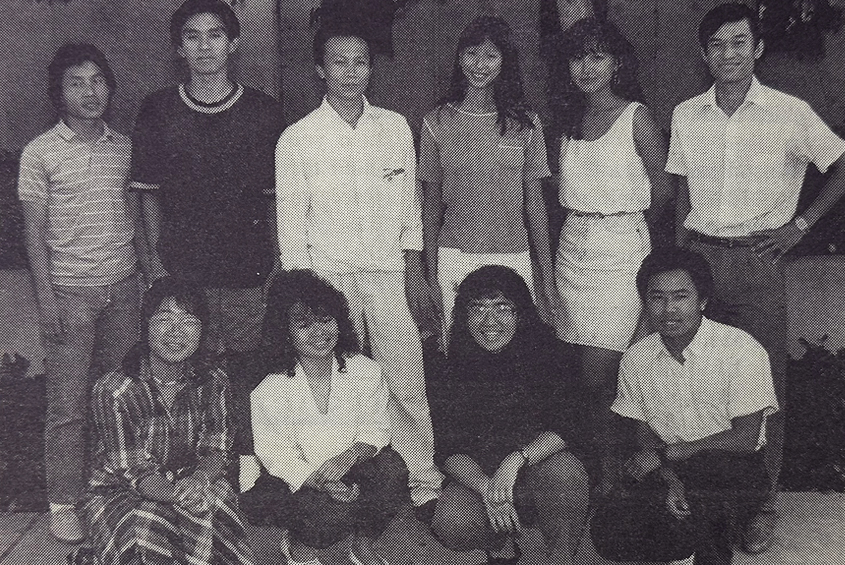
When Her arrived on campus, she sought out other Hmong students to connect. The Hmong Student Association, established in 1984, was inactive when she arrived. She found the adviser and restarted the organization, serving as its second president. HmSA, as it is known today, is the oldest Hmong student-led organization on the West Coast and continually attracts new students every year for friendship and mentorship while performing community service and promoting academic success.
Those goals aligned with the Southeast Asian Student Services Program led by Dr. Katsuyo Howard, counselor emeritus at Fresno State. Howard, who came to the university as an international student from Japan, focused on serving this group and their families after their arrival in the Central Valley because no one knew how to help them, she says. She created a Southeast Asian peer advising program where she hired Her as one of the first peer advisers. Howard’s students would publish the Southeast Asian Student Newsletter to share student stories and accomplishments.
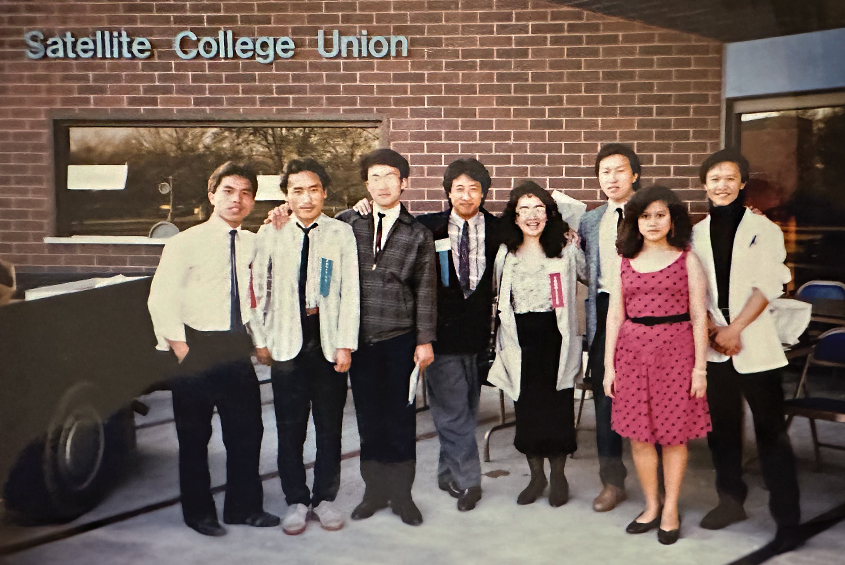
Together Howard and Her organized meetings and worked together to garner support from school districts and community organizations to help Southeast Asian students and their parents adjust to life in America, gain access to college and successfully graduate, while teaching and training schools how to provide services to meet the unique needs of the refugee population.
Howard would go on to organize the first Asian American and Pacific Islander Commencement Celebration to recognize their successes. The names of all graduating southeast Asian seniors published in the newsletter each year.
“I was bridging the gap between the American way of living and, at the same time, the parents and grandparents so these students could integrate,” Howard shared in a fresnostatenews.com story in 2024. “That, to me, is our educators’ responsibility. Allow them to see it and that they have the power to work on that.”
Alumni Successes
Many Fresno State alumni of Southeast Asian descent have found success over the years and gone on to serve the community locally and beyond. The university’s notable alumni include Misty Her, a liberal studies major, who was announced in April as the new superintendent of Fresno Unified School District. She is the first woman and first Hmong to lead California’s third largest school district.
While at Fresno State, Misty Her met her husband, Phong Yang, who studied linguistics. He is the interim associate vice president of the Division of Student Affairs and Enrollment Management at Fresno State.
Theatre arts alumnus Khetphet Phagnasay, also known as KP, is a Lao American actor most recently recognized for roles in “The Brothers Sun” and “Dahmer-Monster: The Jeffrey Dahmer Story.” As a student, KP appeared in the stage production of “Passages,” an adaptation of a book Howard published on the experiences of Southeast Asian students who left their homelands for the United States.
Early Fresno State enrollment numbers did not break down Asian ethnicities but Howard’s program records, which she donated to the Special Collections
Research Center at Fresno State, show that in 1987 there were about 300 Cambodian, Hmong, Lao and Vietnamese students enrolled at the university. About half were engineering students and 16% majored in business.
As of fall 2025, 1,533 students of Cambodian, Hmong, Lao and Vietnamese descent were enrolled at the university, according to the Office of Institutional Effectiveness.
Pawn Sayphengsy, who is Lao, was 5 years old when she escaped communist Laos with her mother and two younger siblings. They lived in a Thai refugee camp for a year and a half before joining her older siblings in the United States. Sayphengsy graduated from Duncan Polytechnical High School and moved on to Fresno State where she majored in business administration with a concentration in information systems. She would later earn a master’s in education administration and supervision in 2001.
“It just seems unimaginable that we were literally kids trying to escape from something,” says Sayphengsy, who is now the information consultant/project manager in Tech Services at Fresno State. “We could have been killed. I feel incredibly blessed that we made it here safely and that we’ve been given the chance to continue our education, keep moving forward in our careers, and that I can keep building a life filled with love and purpose alongside my family.”
50-year Commemoration
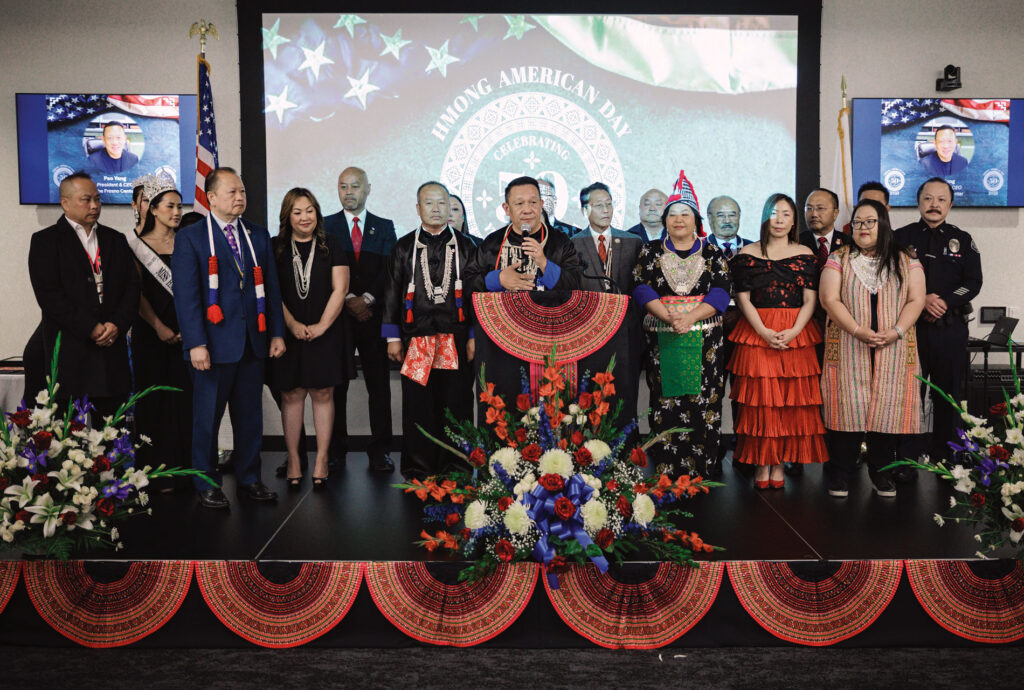
Fresno State hosted several events in May in honor of the 50-year commemoration and to keep the Central Valley’s Southeast Asian history alive. The events included:
The Southeast Asian 1975 Legacy Exhibition presented by a number of campus departments and organizations in collaboration with Hmongstory Legacy and the Laotian American Community of Fresno showcased historical artifacts, cultural exhibits, personal narratives and oral histories of the Hmong and Lao communities. The exhibit is on display in the Ellipse Gallery and balcony in the Fresno State Library now through Sept. 30.
A Symposium on Hmong Americans was held May 2 to explore the origin of the Hmong people and contemporary issues through keynote speakers, panel discussions, and research poster presentations. Keynote speakers included Zhang Xiao, a Miao Chinese scholar and retired professor of ethnology at Guizhou University and Dr. Liang Yao, associate professor at the School of Foreign Languages, Shenzhen Technology University and guest associate professor at the Liu Institute for Asia and Asian Studies at the University of Notre Dame.
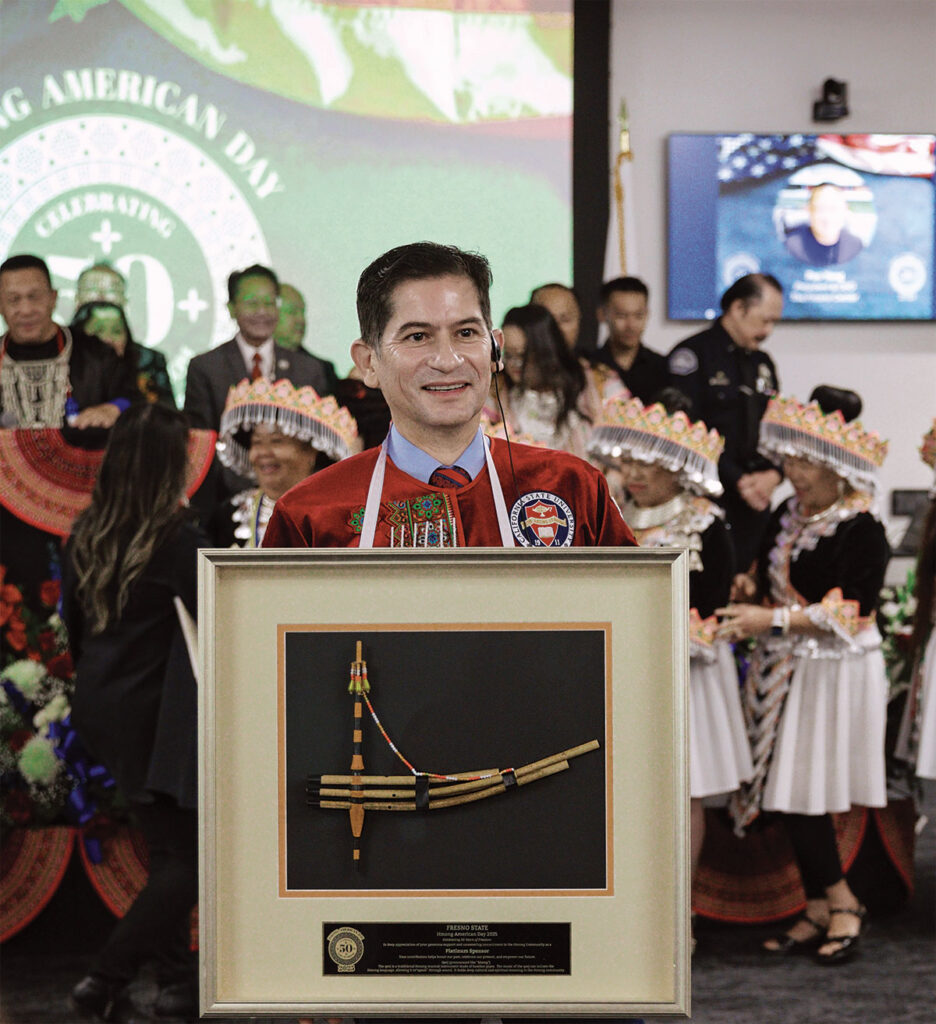
The event was a collaboration between the Hmong Bilingual Authorization Program in the Kremen School of Education and Human Development, the Asian American Studies Program in the College of Social Sciences and the Southeast Asian Student Success Center.
Fresno State also collaborated with The Fresno Center to present a two-day Hmong American Day celebration on May 3 and 4. The Fresno Center is a community nonprofit that helps people become self-sufficient while fostering cultural preservation and promoting cross cultural understanding. The event honored the past and looked to the future.
“Fifty years, for me, means resilience, given that we have been here this long and accomplished so much for our communities,” says Dr. Shimel Her Saychou, director of the Southeast Asian Student Success Initiative. “Those who came before us laid the groundwork for us, and we’re building on top of that. The 50 years — that mark — we came this far and we did it. And now, how are we going to continue building for the next 50 plus years?”
– BoNhia Lee is a communications specialist at Fresno State.

